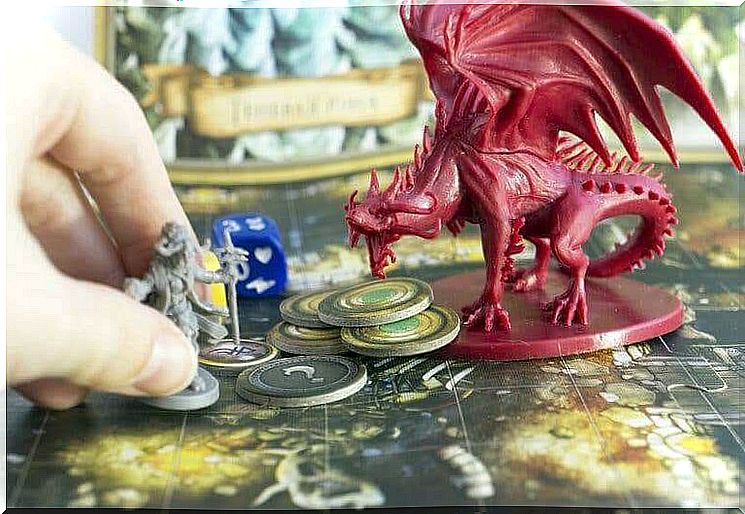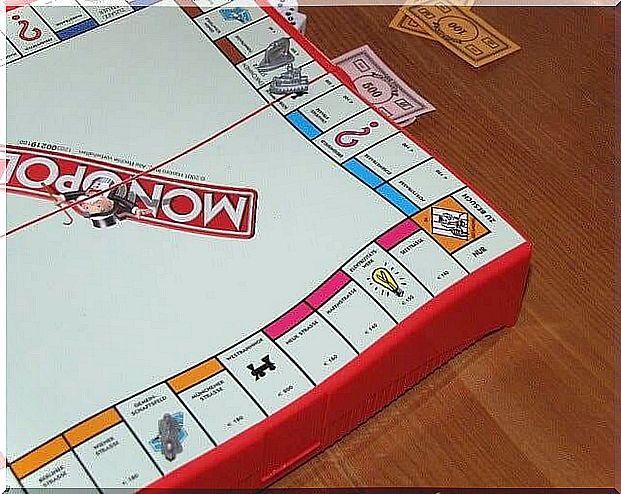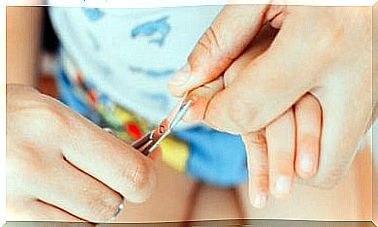The Importance Of Pretend Play In Childhood – Parenthood

Simulation games are an approximation of reality or, rather, a simplified representation of it. In other words, it is an experience which is based on reality, but which does not expose it as it is in its first complexity.
This type of game offers children the opportunity to learn and cope with various situations. Most situations are inspired by real actions, the resolution of which is presented in phases and therefore organized.
The structure of simulation games
The simulation games solving pattern is a very positive learning experience for children because it helps them to evaluate actions and carry them out in a consistent way, that is, it helps them to follow a structure that leads them to achieve the goals.
Learning is done by experience, so it’s very enjoyable. The action is always very striking, so the participants have a lot of fun, without fear of making a mistake, because the consequences are not the same as in real life.
Thus, children learn to look for ways to get out of situations. This develops their autonomy and allows them to have an effective form of social interaction.

Features of simulation games
Motivation
As the situation is presented in an interesting way, the child tries to understand it and to reason the possible solutions to go to the next level. When he is successful, the personal satisfaction he feels increases the motivation to keep playing and learning.
Time management
Many simulation games have a time limit per level or activity, so the child must learn to manage his time to achieve his goals and progress. Of course, it is still very exciting for them while allowing them to develop their mental agility.
Decision making
Simulation games help to develop good decision-making skills as it forces them to consider different factors in order to get the most out of them. They offer a variety of possibilities and children should choose one. Of course, this is very beneficial in terms of self-confidence.
Monopoly, an analog example
Not all simulation games are digital and do not require a console. On the contrary, there are many games that are completely analog.
A very popular simulation game that can be played in groups is Monopoly. It simulates reality very closely and allows you to experience situations that could occur in adult life, such as making a purchase or a sale.
Thanks to a board, cards, tickets and tokens, players learn to use strategies that are profitable to them, as much as possible, in order to preserve their capital and their property and thus win the game.

Contrast of advantages and disadvantages
Benefits
- Children develop various skills and increase their technological responsiveness.
- There is a wide variety of themes, game modes, etc., so there are options for everyone.
- The games are categorized by age groups, so each offers benefits based on the age of the player.
- They don’t just entertain, but also stimulate players on a cognitive level.
- Not all games require the use of the Internet.
- They help the player get organized and follow instructions.
- In its own way, the game teaches the consequences of actions taken. For example, improper execution of an instruction can result in the loss of the game.
Disadvantages
- If playing time management is not taught, the child risks wasting too much time playing on a daily basis.
- If parental controls are not maintained, children may resort to age-inappropriate games and explicit content.
- On a psychological level, some games can lead to dissatisfaction when the player does not get the results they expected and wanted in real life.
Simulation games, in themselves, are not harmful to children, but it is important to guide the activity (especially at an early age) and to make timely corrections. Likewise, family play activities should not be overlooked.









